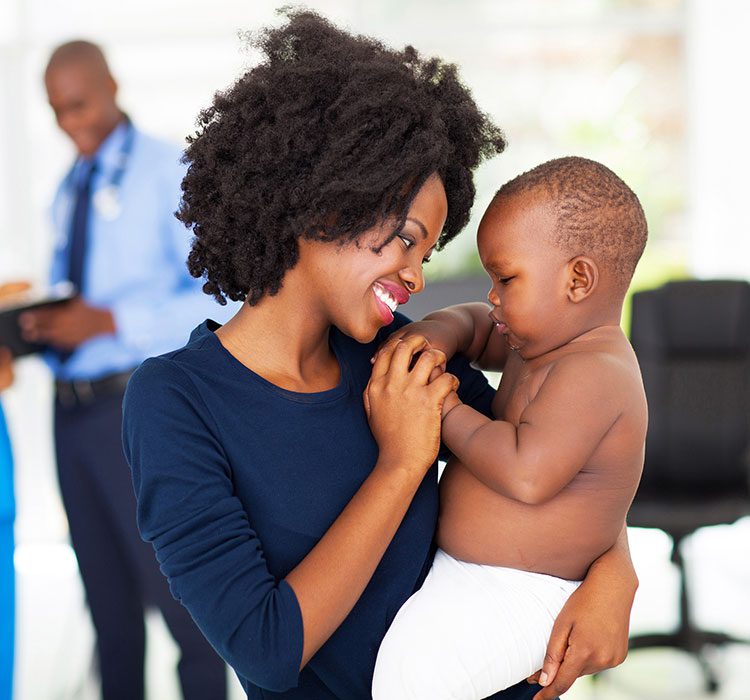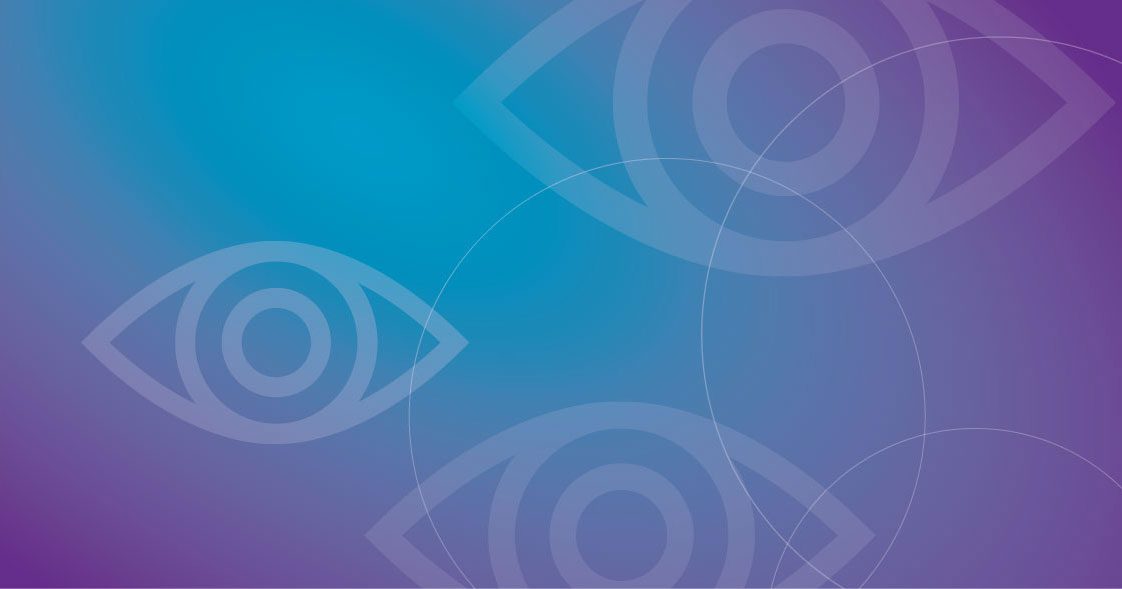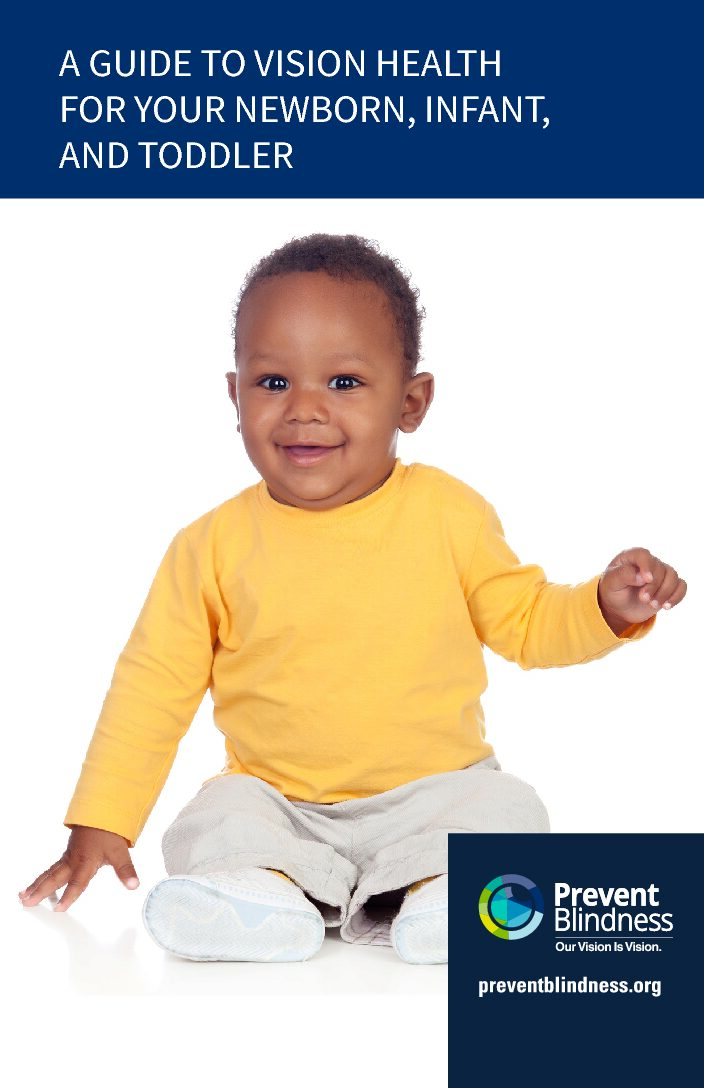Without good vision, a child’s ability to learn about the world becomes more difficult. Vision problems affect one in 20 preschoolers and one in four school-age children. Since many vision problems begin at an early age, it is very important that children receive proper eye care. Untreated eye problems can worsen and lead to other serious problems as well as affect learning ability, personality and adjustment in school.
These developmental stages are all important for your child’s sight.
Print and Share our Free Newborn, Infant, and Toddler Vision Guide
This brochure gives you information about how your baby’s vision will develop. It also helps you understand when there might be a problem with your child’s vision that you should discuss with your baby’s health care provider.
or email or call us at 1-800-331-2020 to request a printed copy.



